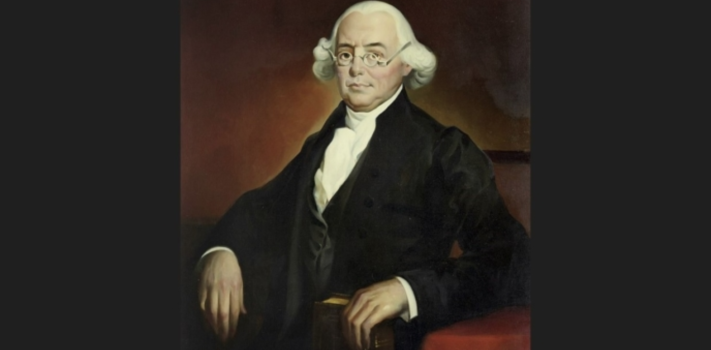“It is said that Congress should not possess the power of calling out the militia, to execute the laws of the Union, suppress insurrections, and repel invasions; nor the President have the command of them when called out for such purposes.
I believe any gentleman, who possesses military experience, will inform you that men without a uniformity of arms, accoutrements, and discipline, are no more than a mob in a camp; that, in the field, instead of assisting, they interfere with one another. If a soldier drops his musket, and his companion, unfurnished with one, takes it up, it is of no service, because his cartridges do not fit it. By means of this system, a uniformity of arms and discipline will prevail throughout the United States.
I really expected that, for this part of the system at least, the framers of it would have received plaudits instead of censures, as they here discover a strong anxiety to have this body put upon an effective footing, and thereby, in a great measure, to supersede the necessity of raising or keeping up standing armies.
The militia formed under this system, and trained by the several states, will be such a bulwark of internal strength, as to prevent the attacks of foreign enemies. I have been told that, about the year 1744, an attack was intended by France upon Massachusetts Bay, but was given up on reading the militia law of the province.
If a single state could deter an enemy from such attempts, what influence will the proposed arrangement have upon the different powers of Europe?
In every point of view, this regulation is calculated to produce good effects. How powerful and respectable must the body of militia appear under general and uniform regulations! How disjointed, weak, and inefficient are they at present! I appeal to military experience for the truth of my observations.” – James Wilson of Massachusetts, The Debates in the Several State Conventions










